Arunachal Pradesh - the "Land of dawn-lit mountains", erstwhile North East Frontier Agency (NEFA), is situated at the north-east extremity of the country. Geographically, Arunachal Pradesh lies between 26°28" to 29°30" N latitudes and 91"30" to 97”30" E longitudes with the total area of 83,743 sq. km. It is bounded by Bhutan to the west (160 km), China to the north and north-east (1,080 km) and Myanmar to the east (440 km). It shares inter-state boundary with Nagaland in the east and south-east and Assam in the south.
WAY TO TAWANG
(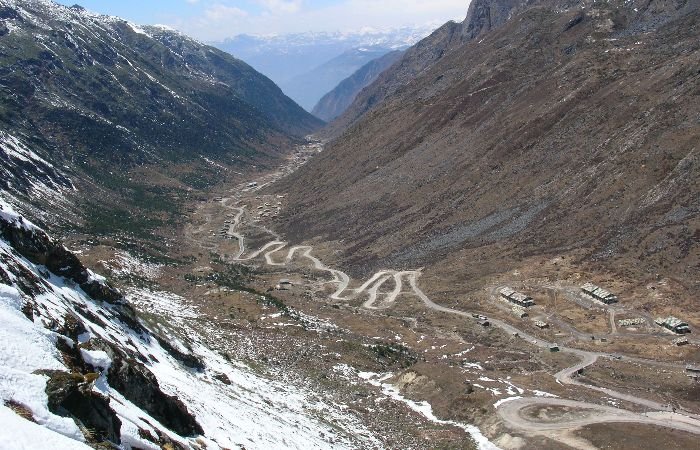
Namdapha Eco Resort
(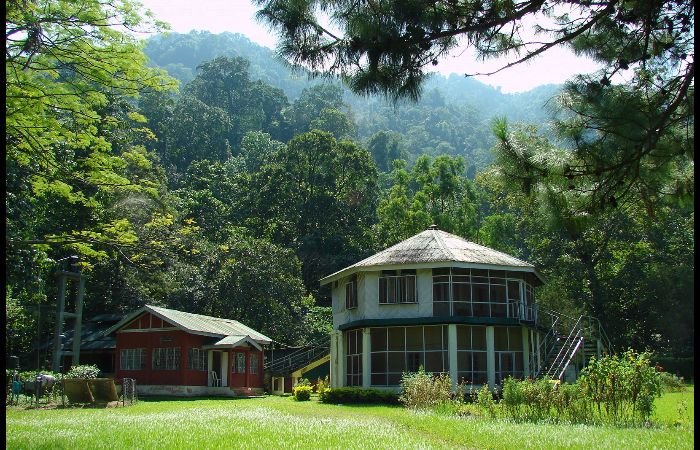 )
)
EZE RIVER
(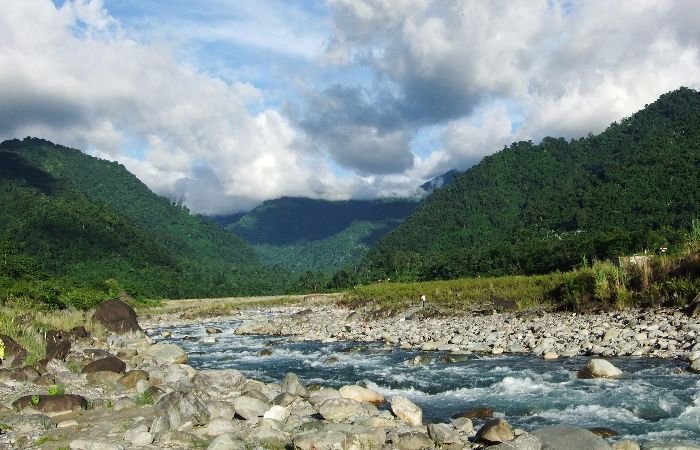
Gorichen Peak
(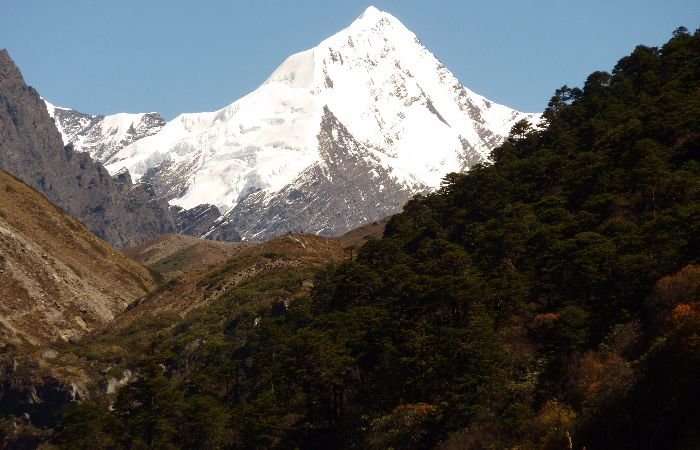
Kathi Village, Khonsa Tirap District
(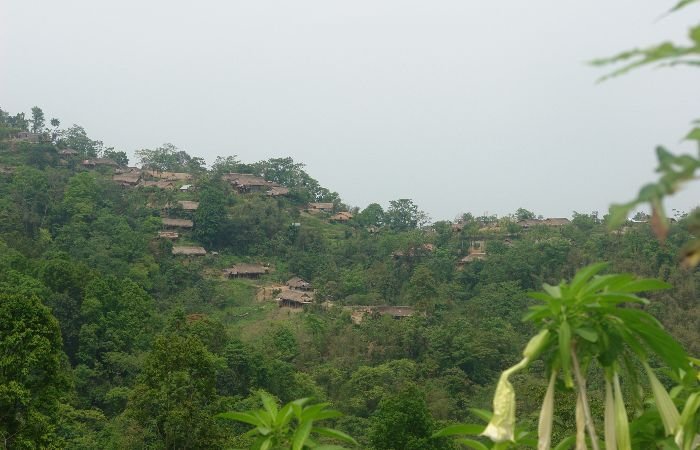
Menchuka
(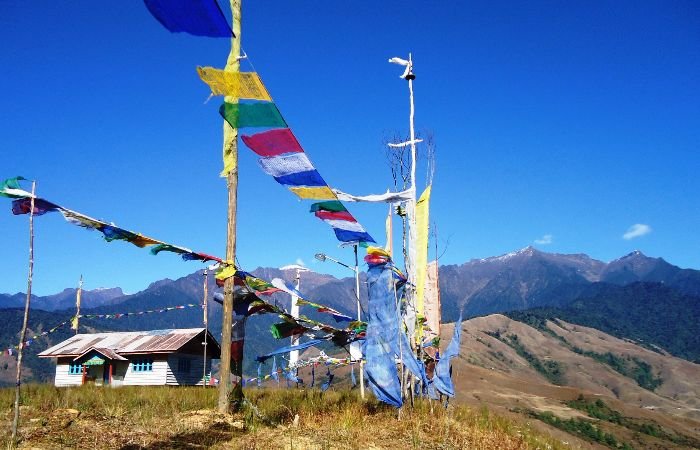 )
)
Arunachal Pradesh is basically an agricultural state. About 68 per cent of the total working population is engaged in agricultural and other related activities. With very few exceptions, they practice `jhum' (shifting cultivation) on the hill slopes, the practice that is rooted in their culture and tradition. The secondary sector accounts for 6.66 per cent of the total working population. Total rice production in 2014-15 is 28,5000 MT. About one fourth of the total workforce i.e. 23.90 per cent is engaged in tertiary sector.
Forests play significant role in the ecology, economy and socio-cultural life of the tribes of Arunachal Pradesh. It is the primary source of natural wealth of the state. Forest covers accounts for 80.99 per cent of total area of the territory spreading over 51,540 sq.
KWI ORCHARD IN WEST KAMENG DISTRICT
(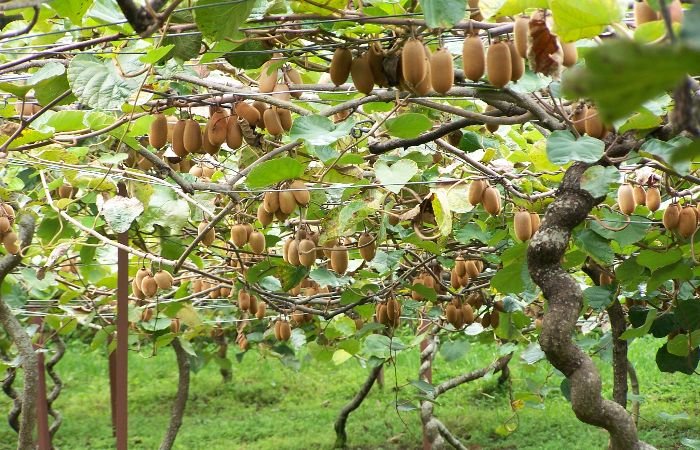 )
)
Picture perfect Terrace cultivation at Sagalee in Papum Pare district.
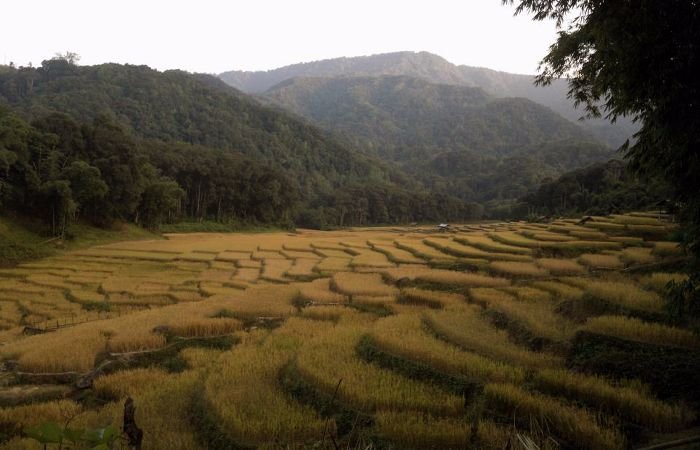
ORANGE ON SALE IN LOCAL MARKET.
Typical agricultural terrace field in West Siang district

Culture
The Lamaistic tradition of Mahayana Buddhism. Culturally similar to them are Membas and Khambas who live in the high mountains along the northern borders of Upper Siang and West Siang. The Khamptis and the Singphos, inhabiting the eastern part of the state ,are Buddhists of Hinayana sect. They are said to have migrated from Thailand and Burma long ago. The Zakhrings of the Lohit Valley are influenced by Buddhism of Mahayana sect. They have migrated from Zeyus in Tibet. They are characterized by their expertise of carpet making, weaving, dancing, painting, mask -making and elaborate dresses.
The second group consists of the Nyishis, the Apatanis, the Adis, the Mishmis, the Tagins, the Mijis, the Akas, the Sulungs (Puroik) and the Khowas. The religion of this group can be termed as animistic-naturalistic. They worship natural objects and ancestors. The Tani group of people - the Apatanis, the Nyishis, the Adis, the Galos and the Tagins worship Sun (Donyi) and Moon (Polo). These tribes are excellent in weaving and fine works of cane and bamboo.
The third group comprises the Noctes, the Tangsas, and the Wanchoos of Tirap and Changlang districts. These tribes are known for their masculine dances, and art of woodcarving. They have been known for their association with the practice of headhunting and their contacts with Burmese tribes.
The festivals, marked by elaborate rituals and dances, form an essential element of the socio-cultural life of the people. Some of the important festivals are Mopin of the Galos, Solung of the Adis, Losar of the Monpas, Dree of the Apatanis, Si-Donyi of the Tagins, Nyokum of Nyishis and Reh of the Idu Mishmis.
Khampti Cock dances
APATANI WOMEN , as they so beautiful so make them ugly through wooden ring to stop marry to others tribe .

NAMSAI.
(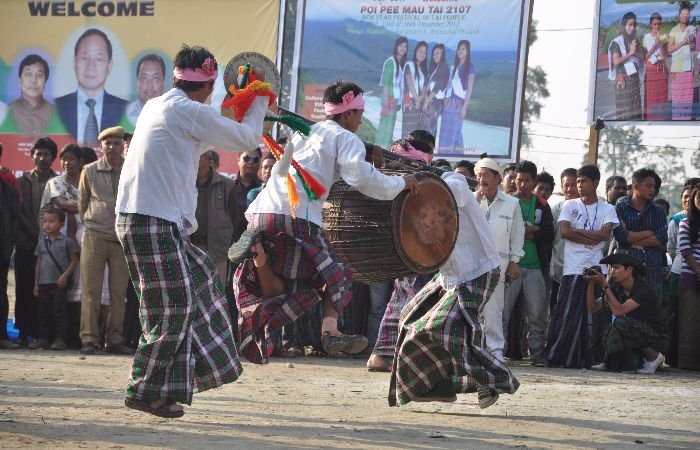 )
)
Local Mat (KURPYAK) made from Pandanus tree leaf at Gosang Village
ZIRO FESTIVAL IS ONE OF THE BRAND IN NORTHEAST , ZERO FESTIVAL OF MUSIC IS THE MOST OUTDOOR FUN MUSIC FESTIVAL, tourist come across the country , it is the most attractive festival that bring all the caste get together , Rock music , bollywood and hollywood comes together.
Thank you , If you like my post please upvote and comment
photo - myself and zirofestival.com
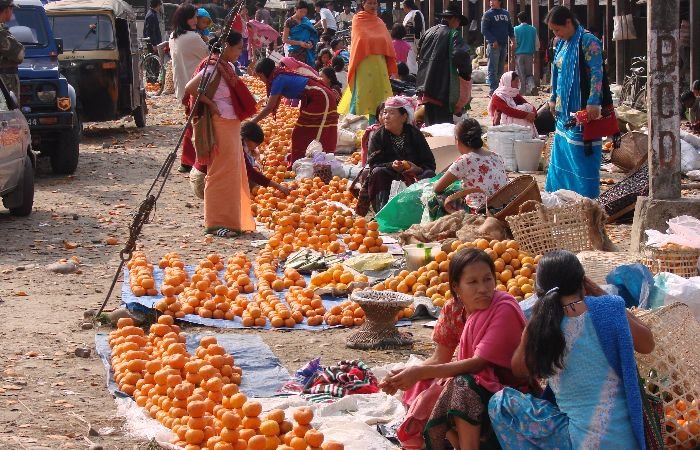
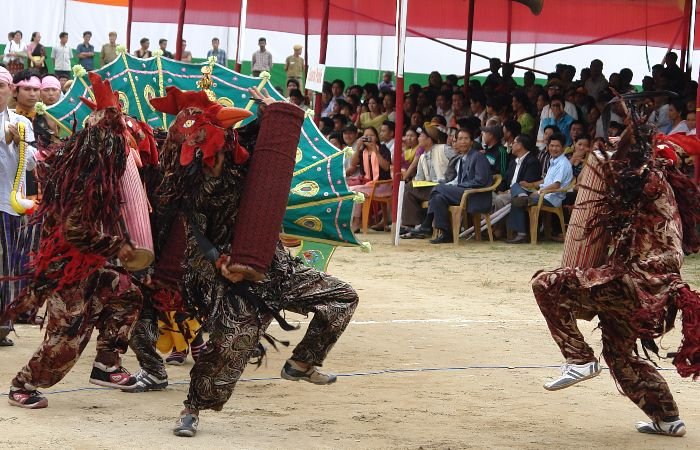
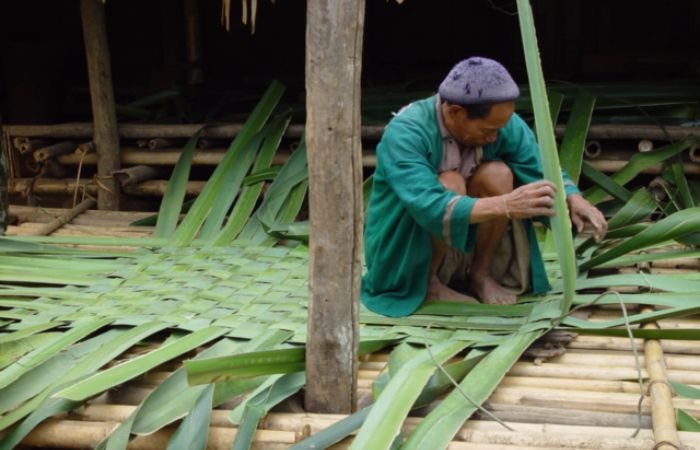
Hi! I am a robot. I just upvoted you! I found similar content that readers might be interested in:
http://www.arunachalilp.com/index.html